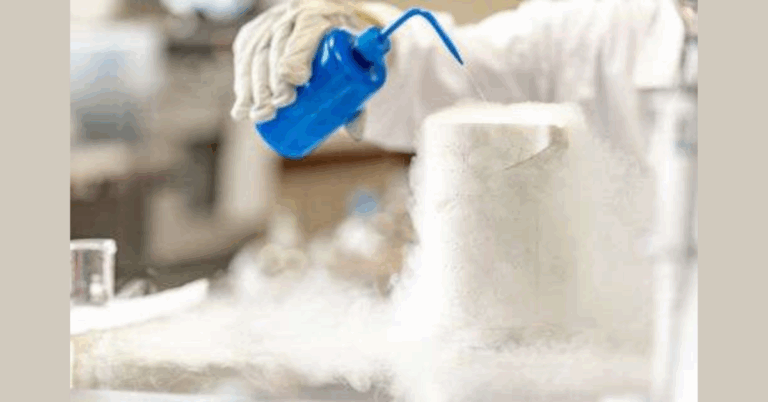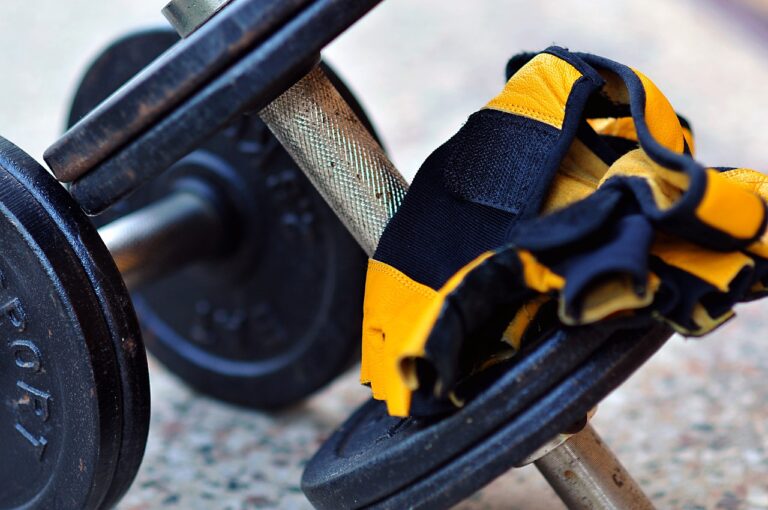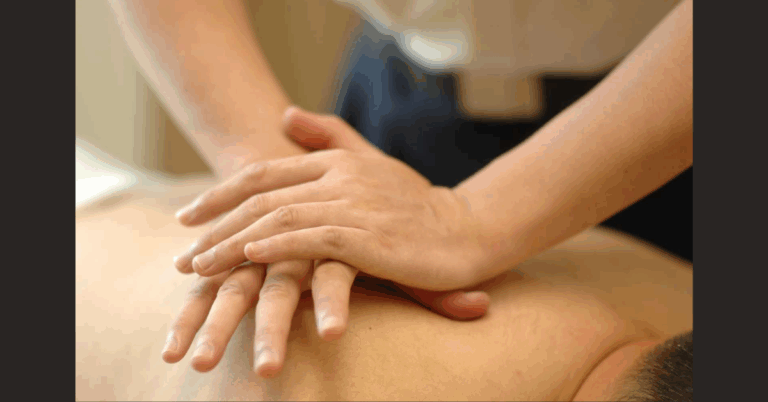Wearable Technology in Healthcare
Laserbook, Laser Book: Upon analyzing the current landscape of healthcare, it’s evident that wearable technology has ushered in a new era of personalized and proactive patient care. These innovative devices have the potential to revolutionize the way individuals monitor and manage their health by providing real-time data and insights into various health metrics. From tracking daily activity levels to monitoring vital signs, wearable technology offers a holistic approach to healthcare that empowers individuals to take charge of their well-being.
Furthermore, the integration of wearable devices in healthcare settings has not only improved patient outcomes but has also streamlined healthcare processes for medical professionals. With the ability to remotely monitor patients and access crucial health data in real-time, healthcare providers can deliver more efficient and effective care. The seamless integration of wearable technology into existing healthcare systems has the promise to enhance the quality of patient care while reducing healthcare costs in the long run.
Fashionable Designs in Medical Devices
Despite traditionally being synonymous with function over form, the landscape of medical devices is undergoing a significant transformation towards fashionable designs. Aesthetics and functionality are no longer considered mutually exclusive in the realm of healthcare technology. This shift towards stylish and visually appealing medical devices is not only enhancing the user experience but also fostering greater acceptance and adoption among patients.
Incorporating sleek designs, vibrant colors, and customizable options, modern medical devices are challenging the notion that healthcare tools must be dull and uninspiring. From fitness trackers to insulin pumps, wearable technology such as smartwatches and activity monitors are now designed to be fashion statements as much as they are health aids. This emphasis on fashion-forward designs is not only empowering patients to take control of their health but also redefining the intersection of style and functionality in the medical field.
The Impact of Wearable Devices on Health
Wearable devices have become increasingly popular in the realm of healthcare, offering a wide range of benefits to users. These devices are designed to track various health metrics such as heart rate, physical activity, sleep patterns, and more. By providing real-time data, wearable devices empower individuals to take control of their health and make informed decisions regarding their lifestyle choices.
Moreover, wearable devices have the potential to revolutionize the way healthcare providers deliver care to patients. With access to accurate and continuous health monitoring data, doctors can have a more comprehensive view of their patients’ health status. This can lead to early detection of health issues, personalized treatment plans, and improved overall patient outcomes. As wearable technology continues to advance, its impact on health is expected to grow exponentially, shaping the future of healthcare delivery.
• Wearable devices track health metrics such as heart rate, physical activity, and sleep patterns
• Real-time data empowers individuals to make informed lifestyle choices
• Healthcare providers can access accurate and continuous health monitoring data for more comprehensive patient care
• Early detection of health issues, personalized treatment plans, and improved patient outcomes are possible with wearable technology advancements.
How are wearable devices being used in healthcare?
Wearable devices are being used in healthcare for a variety of purposes, including monitoring vital signs, tracking fitness levels, and managing chronic conditions.
What are some examples of fashionable designs in medical devices?
Some examples of fashionable designs in medical devices include smartwatches that also track health metrics, stylish fitness trackers, and discreet wearable devices for monitoring health conditions.
What is the impact of wearable devices on health?
The impact of wearable devices on health can be significant, as they can help individuals stay motivated to exercise, track their progress towards health goals, and manage their health conditions more effectively.






